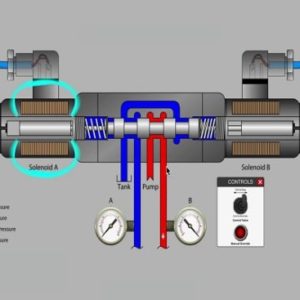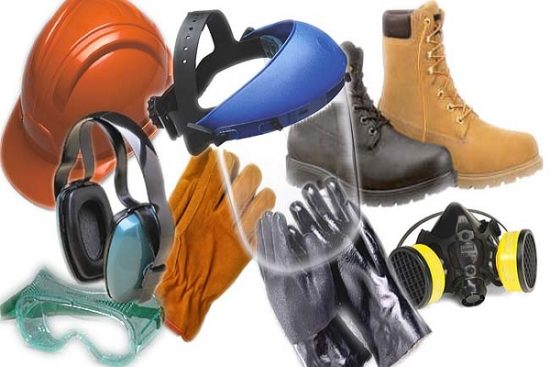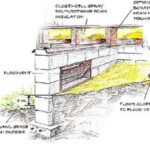Subtotal: $100.00
No data found for Custom Course Number
No data found for Custom Course Units
Intended Audience: all engineers
PDH UNITS: 4
Whenever one enters a work area, safety should be the first and foremost concern. At any given work site, a worker has to be aware of the surroundings with active construction machinery, numerous tripping hazards, and potential exposure to hazardous material, just to name a few. This course will help students assess workplace hazards and then take steps to control or eliminate these hazards. The main ways to control hazards are: 1. Elimination (including substitution) - removing the hazard or substituting the hazardous substances or machinery with less dangerous ones. This is the preferred way to control a hazard and should be used whenever possible. 2. Engineering Controls - modifying equipment or processes to reduce source of exposure (e.g. specifying isolation or ventilation). 3. Administrative Controls (including Work Practice Controls) - implementing/improving best management practices (e.g. employee training, good housekeeping, and proper equipment maintenance) 4. Personal Protective Equipment - minimizing exposure to injuries and illnesses from workplace hazards (e.g. chemicals, biological concerns, or extreme heat) The focus of this course is on the selection of proper personal protective equipment (PPE) for the head, face, eyes, ears, hands, arms, feet, legs, and body. Course Content The course material is based on the following document: OSHA Publication 3151 (PDF, 48 pages)
Learning Objectives
At the successful conclusion of this course, you’ll be able to identify and discuss:- Understand the importance of a workplace hazard assessment;
- Identify workplace hazards;
- Mitigate or control identified hazards; and
- Decide the appropriate type of PPE to use.
Once completed, your order and certificate of completion will be available in your profile when you’re logged in to the site.


 E 1102 Valve Fundamentals
E 1102 Valve Fundamentals 







